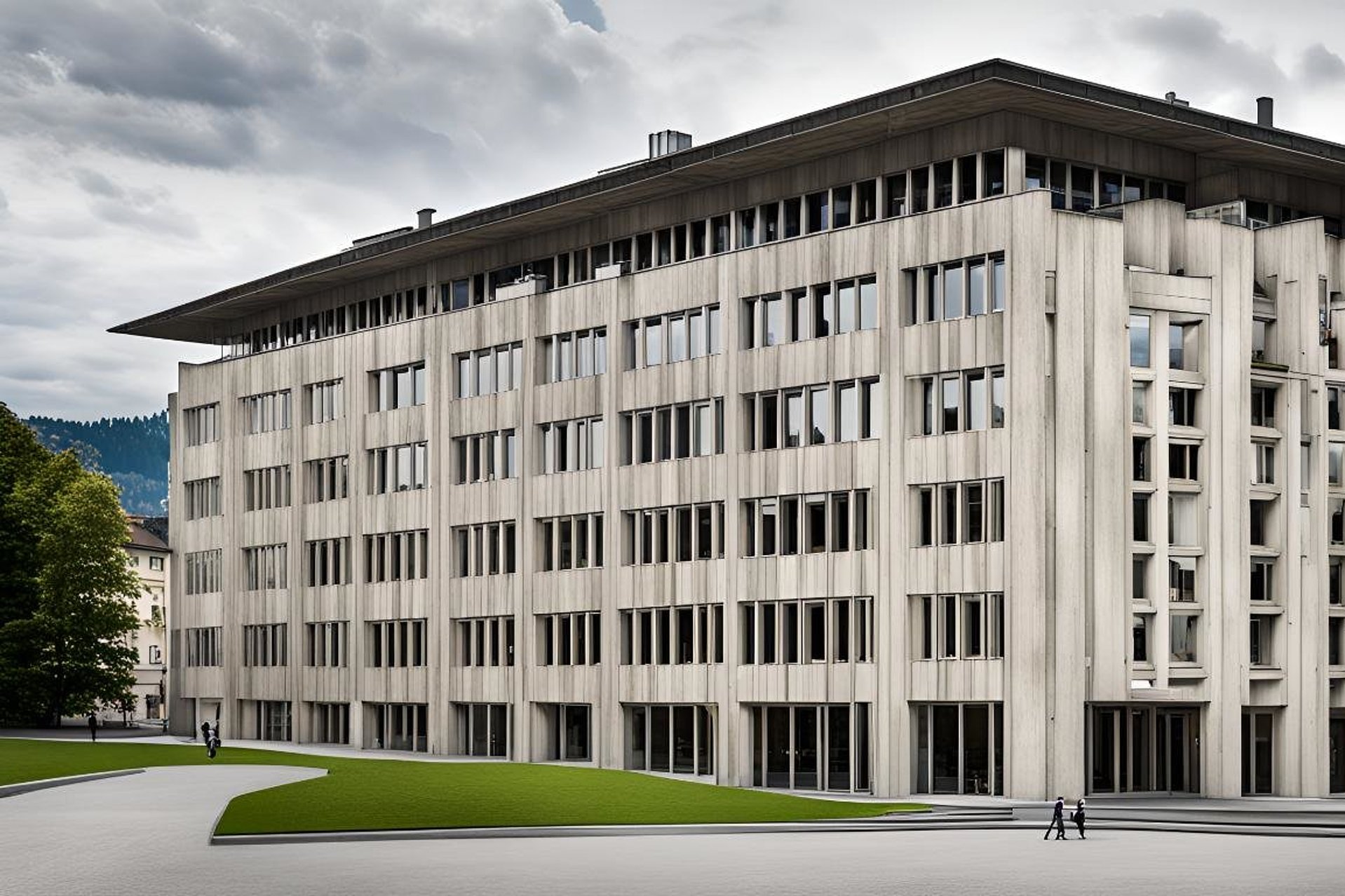

Why Gymnasium?
Why this rush to the gymnasium?
Young people in Switzerland are put under a lot of pressure by the public. The view that attending a gymnasium is crucial for a successful professional life and is, therefore, the silver bullet has been growing in recent times. But what causes this urge to send children to the gymnasium at all costs?
The fact is that more and more parents do not accept the schools' decisions about who is or is not eligible to attend the gymnasium. Pressure is applied, be it on the schools or on the teaching staff. In some cases, this happens on a massive scale, with parents even hiring a lawyer to talk to the teachers. A few cases come before a commission that has to decide in case of a dispute.
Start your Gymnasium preparation now!
Are expectations too high?
Even if this psychological and official - after all with a lawyer (!) - the pressure is surprising, it must also be said that these parents, who according to Education Report mainly from the academic circle or are expats, are indirectly criticizing the Swiss school system with this action - or at least the procedure for admission to the gymnasium. For many academic parents, there is only one option: their child should take the Matura. But are parents fully informed about the options of a dual education system?
Controlling parents on the rise
Psychologists warn time and again that controlling parents want the best out of sheer ambition, but lose their distance from the child as well as the situation. On the other hand, these parents know from their own experience how important it is to have a good school-leaving qualification, which goes hand in hand with social prestige and usually offers financial security. It is quite understandable that they want to pass on these values to their children. But this approach cannot always be automatically linked to a successful professional future.
A successful gymnasium diploma means nothing more than a chance in life. But it does not guarantee social security, because the pressure and competition at universities is intensifying. Degrees are not a free pass to automatically be successful in the job market. Cyclical factors play a significant role, as do economic developments that are not always predictable.
The children should have it better
The motivation for parents from the middle class with appropriate vocational training is more the social advancement that a degree from a gymnasium brings with it in their opinion. They want their children to have a better life one day. As a rule, parents from this sector work very hard, in most cases both parents work, and one has built up a solid existence over the years. Their sights are set on good to very good earning potential, and they want this goal for their children to not involve the "hard build" of existence as they themselves have experienced. The prospect of being able to be proud of their child after they graduate from gymnasium is also a reason.
Is a preparation course the solution?
The trend toward preparatory courses is also growing. And if nothing else works, people also turn to private tutoring. Parents from academic circles in particular are investing a lot of money to make it easier for their children to get to gymnasium. The motivations are different: on the one hand, they want to provide the best possible preparation, and on the other hand, they need to make up for a shortfall in the subject in order to pass the Matura.
But what about parents from the lower classes or children from socially weaker families? In the latter case, there are children who are quite intelligent, but they often stand apart from the action.
In the case of parents who are financially worse off, it is sometimes the case that they have no connection to education and therefore do not see the sense and purpose of a preparatory course. The everyday struggle is more in the foreground, and so an over strain with the situation arises. In both cases, expensive preparatory courses are hardly feasible.
For some students, all of this is no problem, but they are not the rule. They do not need a preparatory course because they are capable of organizing their everyday school life well, of learning in a goal-oriented way without help from third parties and solely through their thirst for knowledge. They quickly understand how to see their environment in a differentiated way.
Book your grammar school preparation course now!
Is it the pure ambition of the parents?
If we take the parents' ambition, we must ask ourselves on the other hand how society is developing under the influence of a global world. The global network, which reports directly to us on what technical innovations are currently on the horizon in our world, is shaping the social attitude of our time. It produces a performance orientation and associated competition. These factors determine our behavior, which in turn shapes our society. Especially parents from academic circles as well as from the middle class will not only be aware of this development but may even be a part of it through their profession. The competition, as well as the knowledge about this development, is not seldom transferred to the children
It is precisely in this context that the OECD, the Paris-based Organization for Economic Cooperation and Development, has repeatedly criticized the Swiss school system and the low rate of gymnasium graduation. The danger that the country could lose touch with international developments is put forward. But if you look closely, it is more about the labor market and production and not about the highest educational qualifications.
What options does the dual training system offer?
The gymnasium Matura is at the forefront of parents' minds, and most of them are not aware that, thanks to the dual school system in Switzerland, it is also possible for a craftsman to study. This fact is commented on by Jürgen Oelkers, Professor Emeritus of General Education at the University of Zurich, as follows. Quote: "Quality is also produced in other ways, and you don't need a gymnasium baccalaureate to be successful in many fields in Switzerland."
But most parents are not fully aware of this and are already mentally blocking other options. Many parents are ex-pats and are not familiar with Switzerland's dual vocational education system, which is a model for many countries.
The Matura is no guarantee
Figures prove that a gymnasium degree does not necessarily lead to a goal. 95 percent of gymnasium graduates go on to study, 80 percent of them at universities, and 15 percent at universities of applied sciences or teacher training colleges. Among students at a university, a quarter alone does not complete their studies.
Last but not least: The tax aspect plays a role for many high-earning parents, also a secondary one. Depending on the canton, tax deductions for a child who is underage but in education can be as high as CHF 7,100. For a child in school or vocational training, it can be up to CHF 12,500. This requires permanent residence away from home at the place of school or training.
Conclusion: Ultimately, a child is an individual and should be able to look back positively on his or her youth and school years, if possible. However, the education of the child should in no case mutate into a parental project for the satisfaction of self-interest.
Start your Gymnasium preparation course now!
New Vocational Baccalaureate Regulation 2026: key changes
New Vocational Baccalaureate Regulation 2026 come into force 1 March 2026. We outline the key changes here, including the Vocational Baccalaureate 2030 project.
More unemployed academics: trend no cause for concern
Although there are more unemployed academics in Switzerland, no reason to worry that – due to AI, e.g. – the only jobs available will be in the skilled trades.
Short grammar schools at all long grammar schools in Zurich
All Zurich long grammar schools offer short grammar school from 2029/30: Rämibühl Literargymnasium und Realgymnasium, Hohe Promenade, Kantonsschule Rychenberg.




